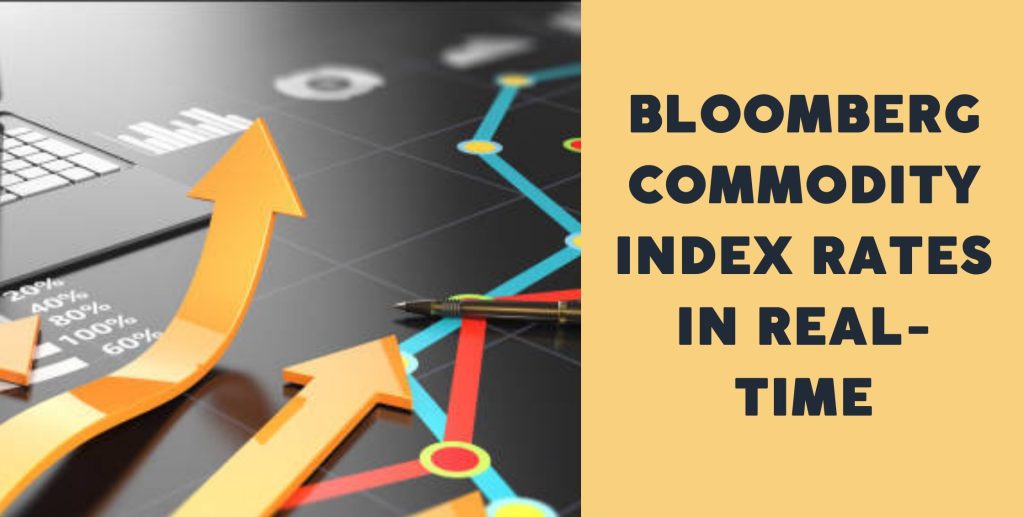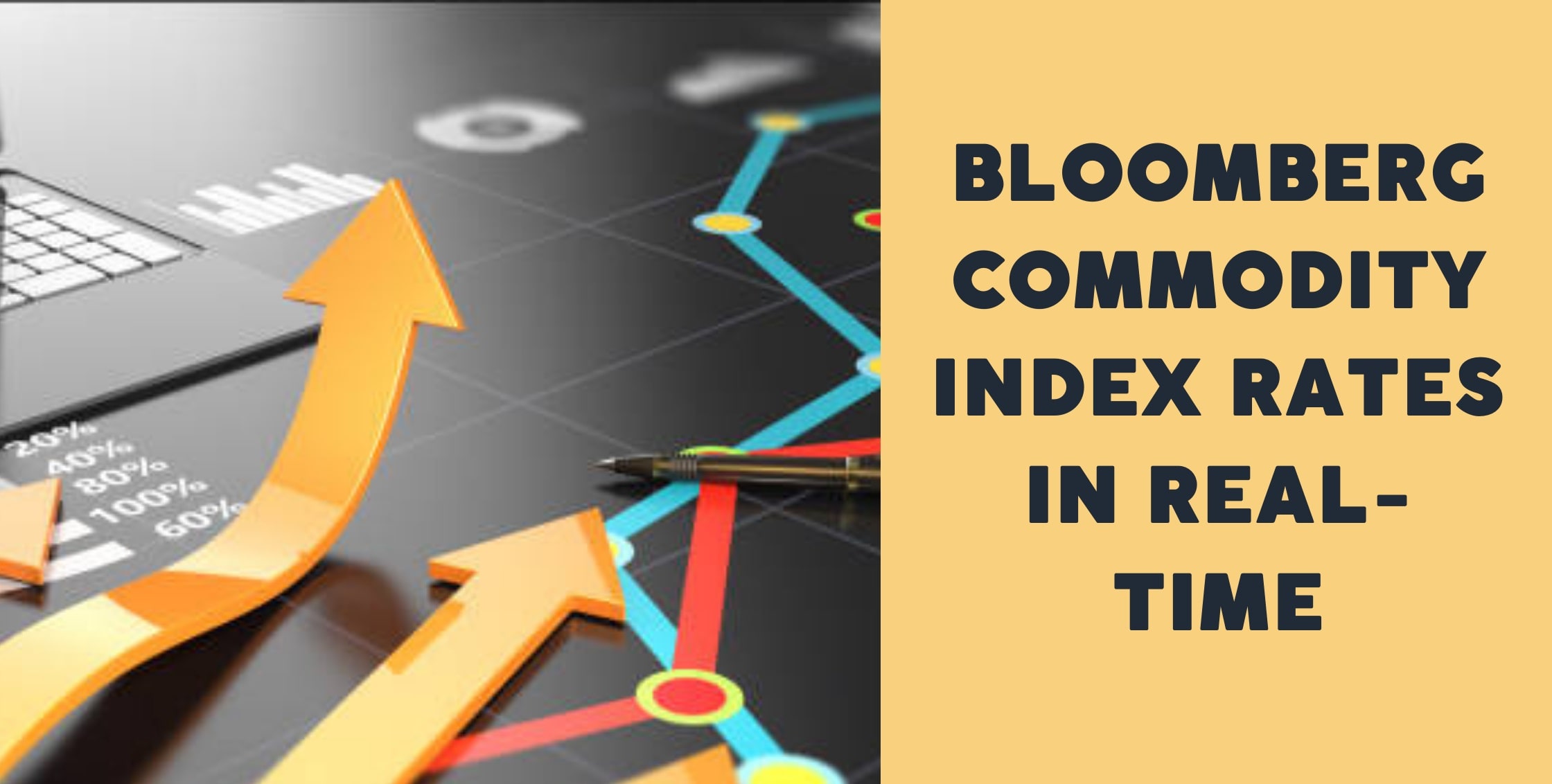Bloomberg Commodity Index (BCOM): A Guide to the World’s Most Important Markets

The Bloomberg Commodity Index (BCOM) is a broad measure of the price movements of the world’s most important commodities. It is calculated by Bloomberg using a weighting system that takes into account the liquidity and production data of each commodity. The BCOM is a valuable tool for investors and traders who want to track the overall performance of the commodities markets.
The BCOM is composed of 21 commodities, which are divided into four sectors: energy, agriculture, metals, and livestock. The energy sector is the largest, with a weighting of 40%. The agriculture sector has a weighting of 25%, the metals sector has a weighting of 20%, and the livestock sector has a weighting of 15%.
The BCOM is a real-time index, which means that it is updated every second. This makes it a valuable tool for traders who want to take advantage of short-term price movements. The BCOM is also a good way to track the long-term trends in the commodities markets.
The BCOM has been on a bull run in recent years, as rising demand from emerging economies and concerns about supply disruptions have pushed prices higher. In 2023, the BCOM is up more than 20% so far.
The outlook for the BCOM in the near future is uncertain. Some analysts believe that prices will continue to rise, while others believe that they will start to fall. The ultimate direction of the BCOM will depend on a number of factors, including the global economic growth, the supply and demand for commodities, and the policies of major central banks.
If you are interested in investing in commodities, the BCOM is a good place to start. It is a broad measure of the commodities markets, and it can help you track the overall performance of these markets. However, it is important to remember that the BCOM is a volatile index, and prices can fluctuate significantly. Therefore, it is important to do your own research before investing in any commodities.
READ: Open a Bank Account in Spain as an Expat
Here are some of the key factors that can affect the price of commodities:
- Economic growth: When the global economy is growing, demand for commodities tends to increase, which can push prices higher.
- Supply disruptions: Natural disasters, political instability, and other supply disruptions can also push prices higher.
- Speculative activity: When investors are bullish on commodities, they may bid up prices, which can also lead to higher prices.
- Central bank policies: The policies of major central banks, such as interest rates and quantitative easing, can also affect the price of commodities.
If you are interested in learning more about Bloomberg commodities, I recommend visiting the Bloomberg website. You can also find a number of other resources online, such as articles, blogs, and research reports.
Send Stories | Social Media | Disclaimer
Send Stories and Articles for publication to [email protected]
We Are Active On Social Media
WhatsApp Channel: JOIN HERE
2024 BECE and WASSCE Channel - JOIN HERE
Facebook: JOIN HERE
Telegram: JOIN HERE
Twitter: FOLLOW US HERE
Instagram: FOLLOW US HERE
Disclaimer:
The information contained in this post on Ghana Education News is for general information purposes only. While we endeavour to keep the information up to date and correct, we make no representations or warranties of any kind, express or implied, about the completeness, accuracy, reliability, suitability or availability with respect to the website or the information, products, services, or related graphics contained on the post for any purpose.





 Dominion University College launches TEASE Evolution initiative
Dominion University College launches TEASE Evolution initiative  Teen earns doctoral degree at 17 after defending her dissertation
Teen earns doctoral degree at 17 after defending her dissertation  TTAG petitions NTC over 2024 GTLE results due to GES recruitment
TTAG petitions NTC over 2024 GTLE results due to GES recruitment  TVET Sector Enhances Employability through Industry Partnerships
TVET Sector Enhances Employability through Industry Partnerships  WAEC Sample BECE French Questions Paper1
WAEC Sample BECE French Questions Paper1  NaCCA/WAEC Type of Questions for May 2024 BECE Mock
NaCCA/WAEC Type of Questions for May 2024 BECE Mock  2024 Sample BECE Ga Language Questions (Ga)
2024 Sample BECE Ga Language Questions (Ga)